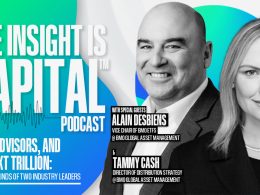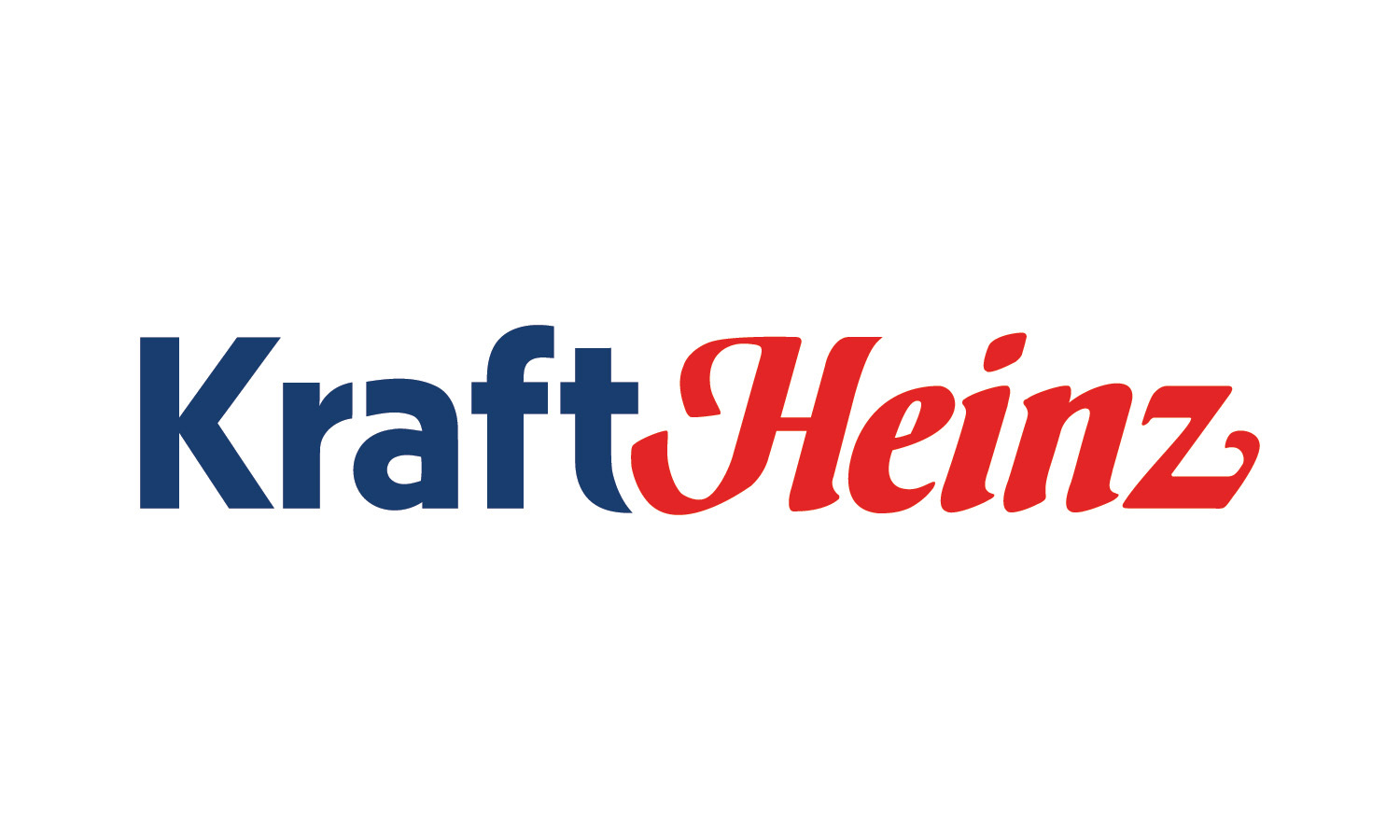Albert Edwards' thesis of his latest report revolves around the surprising resilience of the US economy and the critical role of corporate profits in this context. Here are some key points supported by direct quotes from Edwards:
- US Economic Resilience: Edwards notes that "the US economy has remained surprisingly resilient, confounding economists' predictions that it would slide into recession last year." He attributes this resilience to robust corporate profits rather than consumer spending, which is often highlighted by other economists.
- Role of Corporate Profits: He emphasizes that "whole economy profits tend to lead the economic cycle," and that declines in these profits typically occur before a recession. Edwards states, "Robust US whole economy profits - with margins soaring to record highs in the wake of the pandemic - are likely one of the key reasons why a US recession did not arrive on cue."
- Disparity in Profit Growth: Edwards highlights that the aggregate profit growth is driven by a few large companies, noting, "aggregate profits data...are being inflated higher by a small number of large and mega-cap stocks." He further explains that if the top 10% of companies are excluded, "profits are barely rising," and excluding the top 50% shows that "profits are falling sharply."
- Potential Vulnerabilities: Despite strong payroll data, Edwards warns about its reliability, stating, "The payroll data are lagging, unreliable and will be revised." He draws parallels with historical instances where robust payroll figures preceded recessions, suggesting that current data might not fully capture underlying economic vulnerabilities.
Edwards' analysis suggests that while surface-level indicators may show strength, there are underlying vulnerabilities in the economy that could lead to future challenges.
Albert Edwards, is Head of Cross Asset Research, at Société Générale.
Copyright © AdvisorAnalyst.com, Société Générale













